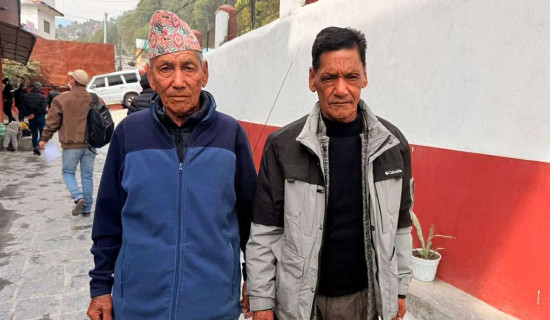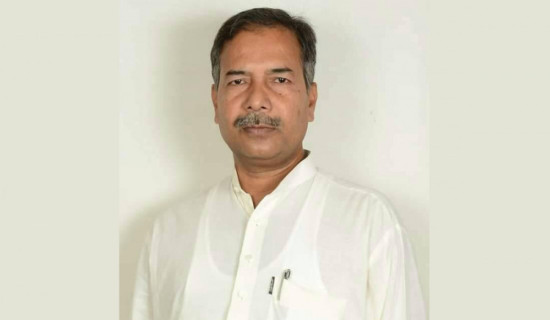- Wednesday, 4 February 2026
Heavy rains damage Indian crops ahead of harvest, threatening higher food prices
By Rajendra Jadhav, MUMBAI, Oct 10: Heavy rainfall in India has damaged key summer-sown crops such as rice, soybean, cotton, pulses and vegetables just before harvesting, which could stoke food inflation in Asia's third biggest economy, farmers, traders and industry officials said.
Higher food prices could prompt New Delhi to slap additional restrictions on exports of food commodities such as rice, wheat, and sugar, and potentially force the Reserve Bank of India to raise interest rates again.
"There has been so much rainfall from the last week that now we can see sprouts from the paddy seeds," said Narendra Shukla, a 36-year-old farmer from Barabanki in Uttar Pradesh.
The entire paddy crop, which could have been harvested in a fortnight, has flattened and Shukla is now waiting for the weather to clear so he can finish the task and plant potatoes.
The northern state of Uttar Pradesh, the country's second biggest producer of rice, has received 500% more rainfall than normal so far in October.
Neighbouring Madhya Pradesh, West Bengal, Haryana and Rajasthan have also seen heavy rainfall, which has damaged summer-sown crops, dealers said.
That could lead to a reduction in yields and a deterioration in harvest quality since crops were ready for gathering and in some places harvested crops were already drying, said Harish Galipelli, director at ILA Commodities India Pvt Ltd, which trades farm goods.
Indian farmers usually plant summer-sown crops in June-July with the arrival of monsoon rains, with harvesting starting from mid-September.
But this year the cycle was delayed by lower rainfall in June and while crops are now ready for harvesting, an area of low pressure is bringing heavy rainfall in the north-western and eastern parts of the country and delaying the end of the southwest monsoon.
Northern and eastern areas are expected to see heavy rainfall in the first half of this week, while southern India could get above-average precipitation in the second half, said a senior official with the state-run Indian Meteorological Department.
Crop damage is likely to push already rising food prices up further, said a Mumbai-based dealer with a global trading firm.
"The government and RBI are under pressure to bring down inflation. The downward revision in crop production numbers means more and prolonged export curbs," the dealer said.
The RBI has already raised its benchmark repo rate by 190 basis points this year.

















